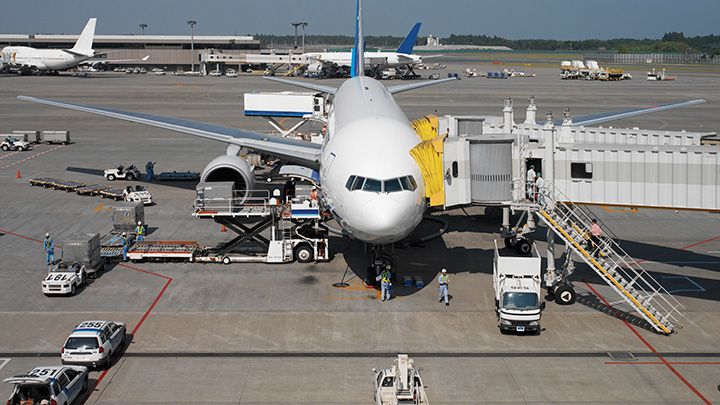AT Kearney highlighted the challenge of providing vaccines to 7.8 billion people around the world.
Vaccine launches in emerging markets will be very uneven because there are logistical and economic factors that will generate political, social and economic pressures that are still unknown.
The volume and complexity of the supply chain required to transport vaccines is in itself astonishing.
For example, providing the vaccine supply necessary to deliver a single dose to each of the world’s 7.8 billion people by air would require 8,000 Boeing freighters, according to the International Air Transport Association.
Even when it only represents half of the doses required in the world, this would be the «biggest single transport challenge» for the air transport industry.
Furthermore, according to the consultancy, emerging economies are likely to be on the vaccine waiting list, especially as developed markets have already claimed more than half of the vaccines that can be produced by the end of 2021.
Vaccines
At the same time, some 70 poorer countries will only be able to vaccinate one in 10 citizens by the end of 2021.
This, in turn, increases the risk of political and social unrest in these emerging markets and will affect foreign investment and confidence in the business environment, especially as new viral strains emerge from under-vaccinated regions of the world that could hamper the pandemic recovery everywhere.
Beyond these findings, AT Kearney said, the biggest risk international investors will continue to face will be the pandemic itself.
Overcoming Covid-19 will be vital for global economic recovery and improving FDI flows, as the two go hand in hand.
And short-term economic growth will be determined in large part by the duration of the pandemic, the effectiveness of fiscal and monetary responses, and the success of vaccination efforts.
This suggests that economic recovery will be highly uneven given emerging and developed market disparities in vaccine distribution, which in turn will affect FDI levels.
![]()

